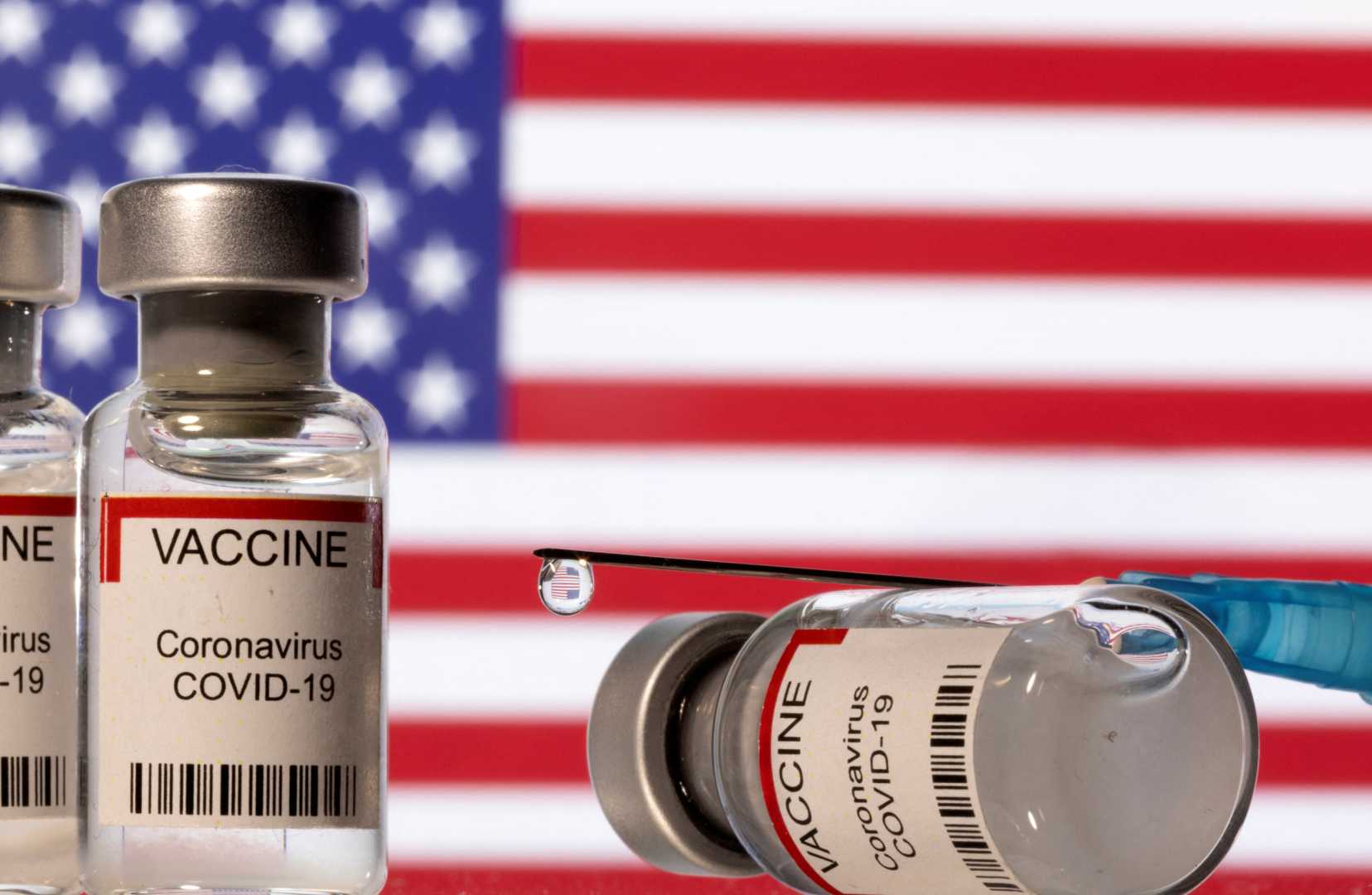Health
CDC Adjusts COVID Vaccine Recommendations for Children and Pregnant Women

Atlanta, GA – The Centers for Disease Control and Prevention (CDC) has updated its vaccine schedule, removing the routine recommendation for COVID-19 vaccinations for children and pregnant women. This change was announced by Health and Human Services Secretary Robert F. Kennedy Jr. on May 27 and took effect on May 30.
In a video announcement, Kennedy stated, “I couldn’t be more pleased to announce that as of today the COVID vaccine for healthy children and healthy pregnant women has been removed from the CDC recommended immunization schedule. We’re now one step closer to realizing President Trump‘s promise to make America healthy again.” However, the new guidance indicates that COVID vaccines may still be administered to children through shared clinical decision-making between the doctor and the patient.
The CDC’s previous stance had urged everyone six months and older to receive annual, updated COVID vaccinations. The updated schedule now excludes a recommendation for pregnant women altogether. Dr. Amanda C. Kressly, president of the American Academy of Pediatrics, expressed relief at the update but raised concerns about the process, stating, “However, the deeply flawed process to reach the recommendation raises serious concerns about the stability of the nation’s immunization infrastructure.”
The announcement surprised many within the CDC, as staff members were not notified of the change before it was made public. A CDC official, requesting anonymity, confirmed that a directive dated May 19 was sent out on May 27, rescinding the previous recommendations for COVID-19 vaccinations for children and during pregnancy.
Health organizations, including the American Academy of Family Physicians and the American Academy of Pediatrics, continue to recommend COVID vaccinations for these groups based on safety and efficacy data. Their logos, which were on previous CDC vaccine schedules, are now absent, reflecting the current divergence in recommendations.
While children generally experience milder symptoms from COVID-19, some do suffer serious illness, and pregnant women face significant risks, according to the American College of Obstetricians and Gynecologists.
Healthcare professionals are concerned about the impacts of the sudden policy shift. Dr. Sean O’Leary, a pediatrics professor at the University of Colorado, noted, “Typically, it’s a very transparent public process,” regarding vaccine recommendations. He cautioned that the recent changes disrupt the standard open discussions that precede major vaccine policies.
Clinicians may find it challenging to discuss the new recommendations during brief appointment visits, and fewer healthcare providers might choose to offer the vaccines due to the revised guidelines. There are also concerns that insurance companies may change coverage for vaccinations, leading to higher out-of-pocket spending for families.
This adjustment in COVID vaccine recommendations follows the recent rollout of the next round of COVID boosters for high-risk individuals.












